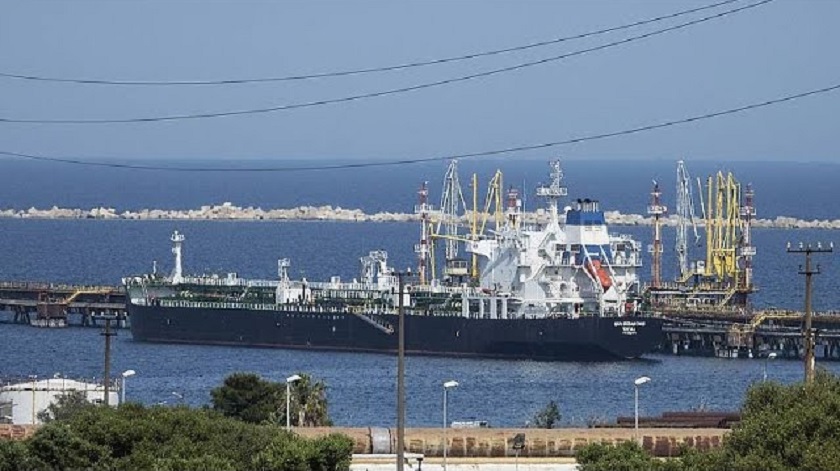56
The Guardian, citing sources, reports that certain “guarantees” have been given to these countries.
The ambassadors of the countries of the European Union (EU) agreed on the new eighth package of sanctions against Russia, which includes a price ceiling for Russian oil.


